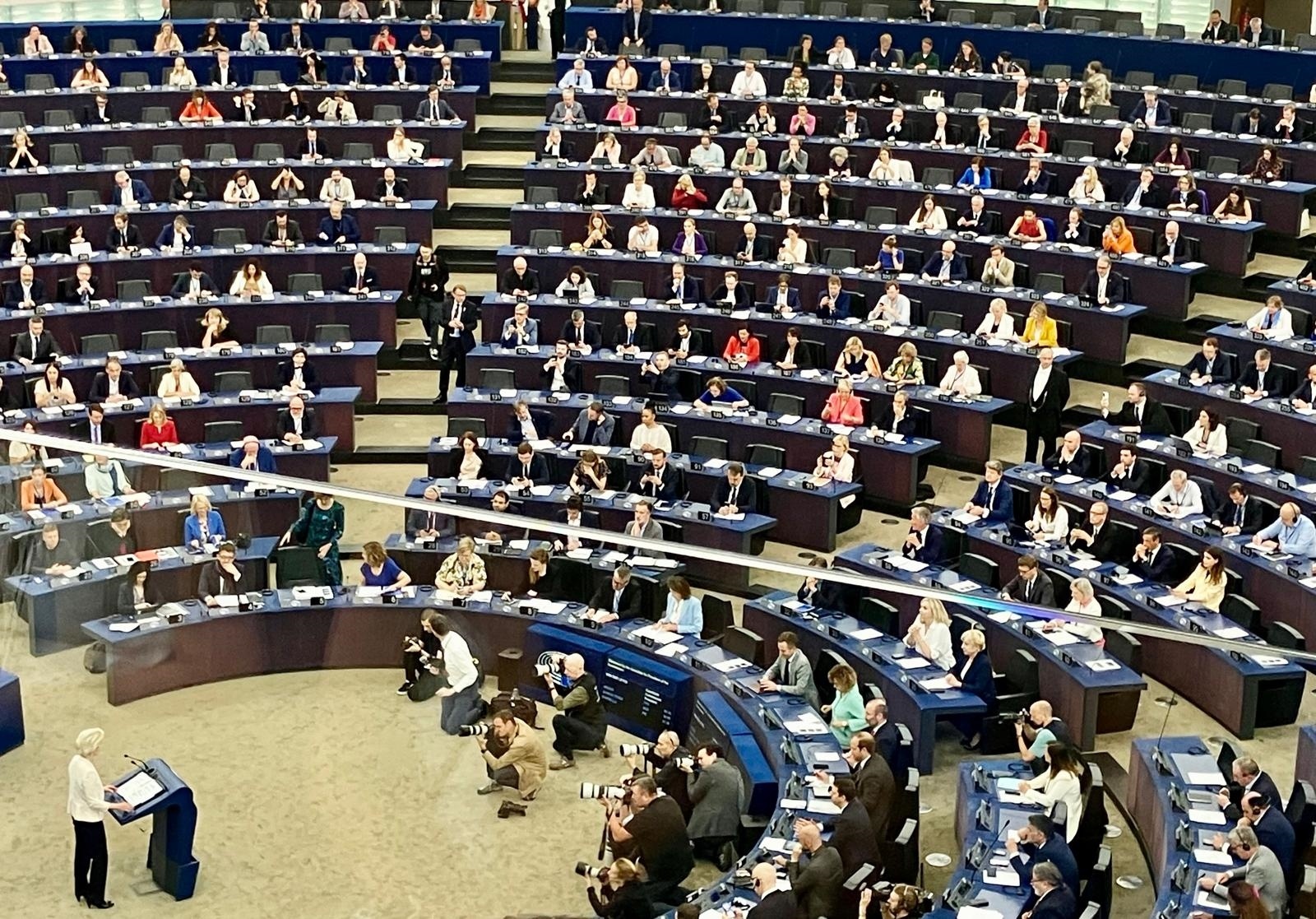Short-term tourist accommodation - 10 points for inclusion in the European Commission’s sharing economy guidelines
by Shomik Panda on 21 Apr 2016
The European Commission will soon publish a set of best practice guidelines for the regulation of the sharing economy. The purpose is to support the growth of this emerging sector and also to address any regulatory imbalances that have emerged across Europe in the context of the single market. The guidance will also outline how existing EU regulations should be applied to the sharing economy and consider international best practice. While there are many silos to the sharing economy that will need separate investigation, this article focuses on a key, growing sector – short-term accommodation rentals – and identifies a set of principles that the Commission should consider including in its guidelines.
Emerging barriers
The growth of the short-term accommodation rental industry in recent years has meant that regulations governing short-term rentals have evolved across European cities and regions. Over the past three years Paris, London, Berlin, Brussels, Amsterdam, numerous Spanish regions and Portugal (at a national level) have all updated their planning or tourism laws to reflect the growth of platforms facilitating short-lets.
While legal revisions have often been necessary to update antiquated frameworks, what has emerged is a patchwork of regulations that are difficult for platforms to keep track of and for users to ensure compliance with.
Examples of international regulatory barriers that have emerged include outright bans, day limits (an annual limit on the number of days that landlords can short-let their homes or a maximum/minimum length of stay for guests), primary residence requirements (preventing the short-term rental of secondary or holiday homes) and tax collection obligations for platforms.
Potential consequences
The cumulative impact of these barriers may be significant for the vacation rental industry. Both supply-side and demand-side barriers will lead to a smaller market size, which will ultimately cap the sector’s growth potential. If investors start to see the market opportunity for short-term accommodation rentals diminishing, then there is a risk that we will see a drop in funding for these platforms and we may see a consolidation in the sector, with wider repercussions for sectoral competition.
More importantly, the sum of these barriers will lead to a large economic loss. Individuals will lose the chance to earn extra income; Europe will lose its ability to attract more tourists; direct and indirect employment opportunities will have been missed; and local and national governments will miss out on the opportunity to accrue much needed revenues.
What should the Commission’s sharing economy guidelines seek to incorporate?
The Commission has a tough job to promote a sector that is still in relative infancy, whilst also addressing some genuine concerns – including from hotel and B&B associations, residents’ associations, and local authorities – that have led cities to react in different ways. The Commission must also consider whether some city regulations that have emerged are disproportionate in nature or if they discriminate between users. Furthermore, some barriers may be considered ‘anti-competitive’ and might warrant further investigation. The Spanish Competition Authority, the CNMC, has recently said in its provisional report that it has found “disproportionate and unnecessary obstacles” in current regulations relating to short-term holiday rentals, which do not enable consumers to benefit from new business models.
Vacation rental platforms are a key part of the digital economy that have brought numerous, significant benefits to travellers, hosts and local economies. It is important that these benefits are not lost through disproportionate legislation. Regulations should be fair and consistent, so that all residents are able to benefit from short-letting their homes, not just the lucky few. At the same time, the Commission may decide that it is appropriate to make a regulatory distinction between truly commercial operators and those who occasionally let out a room or property to generate some extra income.
The industry will hope that the Commission can use its influence to at least give local and regional authorities a resource to refer to in the future, and also provide a ‘push’ towards some form of convergence as rules get revised in the future. With this is in mind, here are ten principles that I think the Commission should consider incorporating into its guidelines:
1) Short-term lets should be made legal so that all hosts can offer their private property for lodging purposes should they wish.
2) Arbitrary annual day limits for hosts should be discouraged as they lead to an inefficient use of existing housing stock and halt the growth of online platforms.
3) Regulations should apply to all residences, including secondary homes. Permanently absent landlords could apply for permission to short-let their homes if it is necessary to protect the stock of residential properties for long-term tenants.
4) Local authorities should remove any bans on the issuance of new permits of short-term let properties. Bans are discriminatory and patently unfair to those that have properties in the area.
5) Pre-registration systems should be eliminated and discouraged where possible. Any pre-registration should be simple and not subject to pre-emptive veto.
6) Any minimum/maximum stay requirements should be removed, as should any related to the type of property or its location.
7) Tax collection should be voluntary for platforms. Some platforms are able to remit taxes, others aren’t. Ultimate responsibility for tax remittance must remain with owners rather than platforms.
8) Liability obligations should not be imposed on platforms. This will lead to a number of smaller platforms pulling out of the market as they are unable to have adequate oversight of user behaviour. Platforms should instead be encouraged to educate users about local laws where possible and to be more transparent where they can be.
9) Local authorities should be given adequate enforcement powers to intervene in the market when necessary to protect consumers and root out bad actors. These powers should be granted and used ex-post but should be subject to appeal.
10) Health and safety obligations should be proportionate to the size of the home rather than similar to commercial enterprises such as hotels.
While the Commission may not have the power to regulate on all of these issues at an EU level, it can set a standard and encourage the adoption of principles at a local level which will support the growth of this exciting sector and the local economies that stand to benefit.
Photo (CC BY-SA 2.0)
Topics: European Politics, UK business, Economic policy, Shomik Panda







Comments